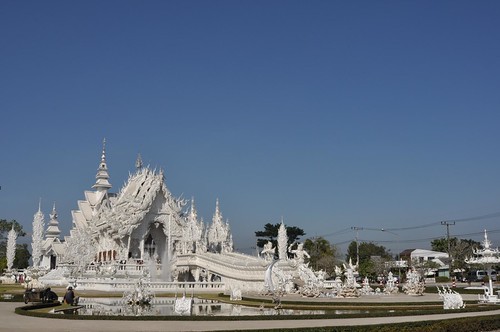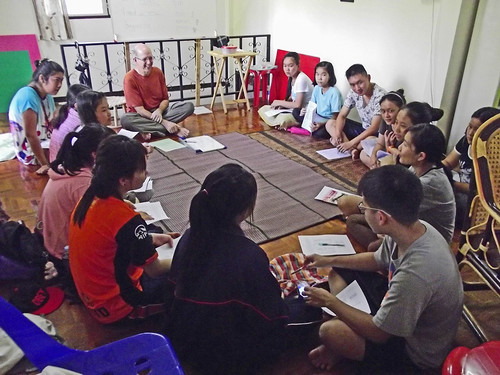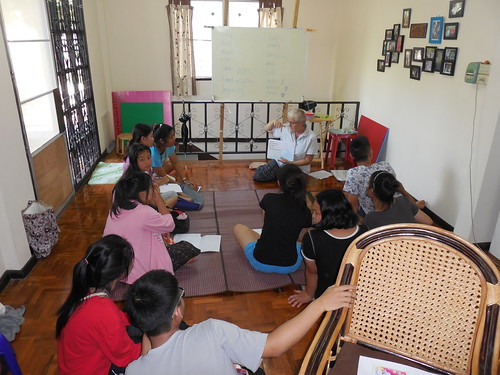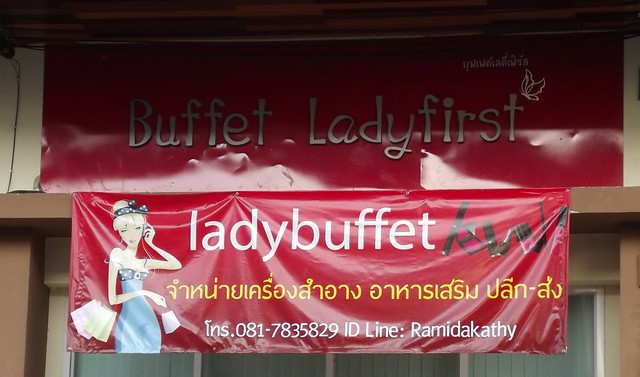I wasn't exactly sure why I was at the Urbana 76 missions conference. But I do know that it drastically altered the course of my life.
The theme of the conference was That All Nations Might Believe and Obey.
It was through this conference that I hooked up with an organization called Emmanuel International though which I went overseas for the first time and though which I met my beautiful wife of now 31+ years.
I can't say I remember much about the speakers either, except for two.
John Stott led us through an expositional study of the first few chapters of Romans talking about the word "justification". I always remembered the catchy way he defined it: God's righteous way of righteousing the unrighteous. That middle word confounds the dictionaries a bit, but it is also hard to forget.
The other speaker I remember is Elisabeth Elliot, who passed away yesterday.
Two things particularly stick with me.
First, to illustrate a point she was making, she quoted a poem by a missionary to India named Amy Carmichael. And she recited the poem in a very beautiful and memorable way.
From prayer that asks that I may be
Sheltered from winds that beat on Thee,
From fearing when I should aspire,
From faltering when I should climb higher
From silken self, O Captain, free
Thy soldier who would follow Thee.
From subtle love of softening things,
From easy choices, weakenings,
(Not thus are spirits fortified,
Not this way went the Crucified)
From all that dims Thy Calvary
O Lamb of God, deliver me.
Give me the love that leads the way,
The faith that nothing can dismay
The hope no disappointments tire,
The passion that will burn like fire;
Let me not sink to be a clod;
Make me Thy fuel, Flame of God.
The second thing that stood out to me was her story. It wasn't the story of her initial move to Ecuador which resulted in the martyrdom of her husband the the husbands of her teammates. The lives of these men was a testimony to their profound commitment to Jesus and the exceedingly good news he brought to mankind.
No, to me the truly amazing thing is that she went back.
SHE WENT BACK!
HOW COULD SHE DO THAT?
She went back to those who killed he husband because she knew that they killed him in ignorance.
She went back to those who killed her husband because she knew that as awful a thing it was that they killed her second love, Jim; her first love, Jesus, still loved them.
She went back because Jesus helped her to forgive them.
Her testimony that night 35 years ago had a profound impact on me. I listened to it over again many times on my cassette player. I would read and re-read it in the syllabus we received.
My power to forgive has been tested--but never quite that much.
My power to forgive is currently being tested, and sometimes I find it a hard thing to do.
But I remember how much Jesus loved me--enough to forgive me over and over again for the stupid things I do that dishonor His name.
Thank you, Elisabeth Elliot, for sharing your testimony. For helping me to know about how powerful a thing forgiveness can be.
| Elisabeth Elliot 1926-2015 image:www.elisabethelliot.org |






